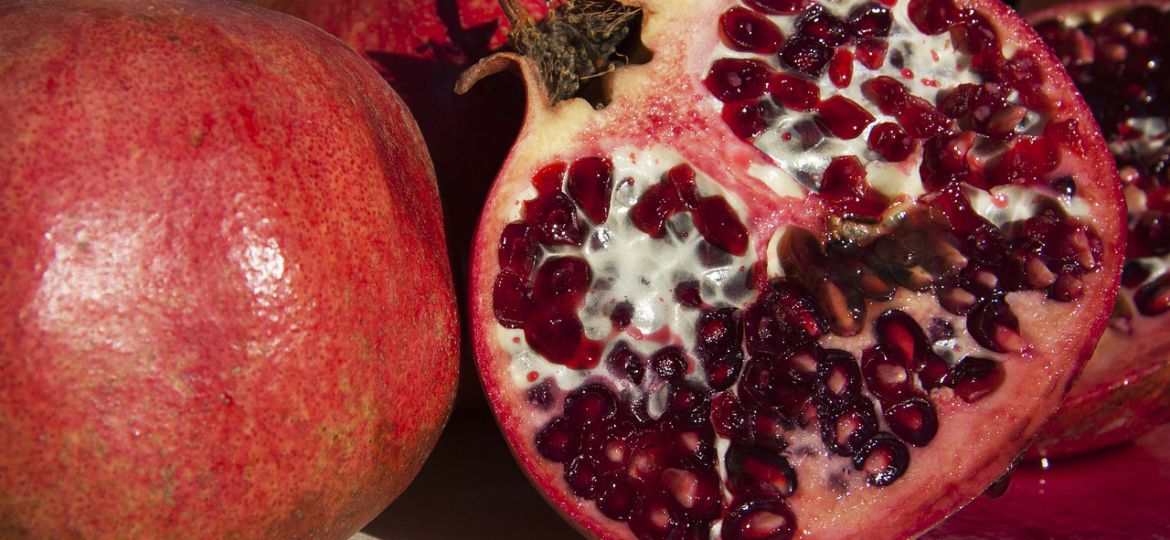
I was 22, naïve, and absolutely unaware of sexual innuendos when I first came to Delhi in 2006. A popular dating/ ‘friendship’ website called ‘Fropper’ used to air its advertisements on FM radio, and I first heard about it when I boarded a cab to go for my call centre job. As a flat-chested person who was very new to online dating (honestly, the concept was new to us culturally too; these were Orkut and pre-Facebook days), my first blind date landed me to meet a 44-year-old bearded man who claimed to be 22 on his profile. We met in Connaught Place.
I was less upset by his age and more by the fact that he had lied to me. He, on the other hand, thought it was funny to refer to my flat-chestedness in an innuendo: ‘Itne pimple hain tumhare, do aur kahan pata chalte honge?‘ (You already have so many pimples, where would another two be noticed?) He found it humourous to make fun of our age difference, my autoimmune skin condition, and the fact that I came with far less awareness and privilege than him. The words didn’t register, but his tone and smirk did. The words made sense when my horrified hostel-mates explained what had been said to me.
The point? Age is not just a number, like it is often said to be. It is a lot combined together. It is about grace, it is about exposure, it is about knowledge, it is about the ability to fight back. And yet, in endless other ways, age IS just a number.
At 22, I couldn’t give it back to him. Now, 15 years later, I am a force to reckon with. At 22, I did not know what queerness was. At 37, I have my set of experiments, experiences, and learnings in different aspects of sexuality. There is BDSM, there is kink, there is the LGBTQIA+ spectrum that I have experimented with, explored, understood, and all this has taught me so much about my own body, desires, and sexuality. I have traversed the range from impressionable consent to well-informed, explicitly stated, well-negotiated consent.
So, that’s one way of looking at age and sexuality for me. In my own context. Another way is to examine it in the context of my partners. I had always been attracted to men at least 7-10 years older than me. I think I was positively biased towards older men because somewhere, subconsciously, I considered age synonymous with experience and maturity.
Today, I know better. We have 16 to 25-year-olds fighting for freedom of speech and expression, and for the survivalof this planet. We have people in that age bracket being arrested for speaking obvious truths. We have young adults speaking for not just sexual empowerment, but also for issues like equality, inclusion, the environment, and more. Trust you me, the young people of today understand sexual responsibility far better and have a greater acceptance of sexual diversity than do many of their elders.
That being said, I still do not personally favour younger men because, for me, sexual pleasure is deeply rooted in my intellectual connection and emotional compatibility with the person. While their access to knowledge bridges the intelligence quotient (IQ) gap, younger men do not excite me in terms of their emotional quotient (EQ). In real life, most of them haven’t struggled with being a caregiver to ageing parents, or paying off a house mortgage, or even fully understanding the responsibility of partnership and parenting. Not to say that they are any ‘less’ than their older counterparts. Just that my personal biases or preferences in this case are quite strong.
On the other hand, there are also a set of challenges that come with men older to me by a significant number of years. I find them rigid, hard-set in their ways. Sexually and intellectually, that’s a turn off. So, you see, as someone who is transitioning towards her 40s, I find it difficult to navigate the spectrum of sexuality and age.
I sometimes also wonder how I will feel when I am ‘menopausal’, or say, when I grow older. Will I be a hormonal mess? Will there still be a lot of lust and desire left in me? Will I still be desirable?
All of these thoughts lead me to the realisation that when I examine ageing and sexuality, I am not just examining the action-centric aspects of sex, but also my conditioning and the socio-cultural narratives around desirability, sexual confidence and expression, and our understanding of sexual psychology both individually and collectively. We hardly read enough to decode the psychological aspects of sexuality and even less do we introspect with kindness and evaluate with empathy. It is at this moment in my life that I realise that ageing and sexuality may have something to do with a number, but even more than that, it is a continuous journey and, that an attempt to understand too much at once might not be the best course. Maybe it is wiser to go through the journey in its fullness, with kindness and with freedom.
Cover Image: Pixabay